An ill-timed revisionist attempt serves no purpose

We are surprised by the interim government's decision to cancel eight national days—including the one commemorating the historic March 7 speech of Bangabandhu Sheikh Mujibur Rahman—which comes off as an ill-timed revisionist attempt that it could have done without. As it happens, the country is going through a very turbulent phase now, with sky-high food prices and persistent security concerns tightening the thumbscrews on the government. The slow progress on the state reform drive is also testing citizens, as are the divisions that surfaced after the mass uprising. This is not the time to risk further turmoil through such a contentious move, that too without a consensus-building process preceding it.
We are not saying the decision is totally devoid of logic or reason. In fact, the monopolisation of the Liberation War narrative during the 15-year rule of Awami League, and the sense of alienation and outrage that it caused among many, creates the ground for some realignment, if not revision, of historical matters. A concerted pushback against the ousted regime's political legitimacy is more or less expected. Defending the government decision, the information adviser has said that the very designation of these days was a "fascist behaviour." Of the eight, five were related to the birth and death anniversaries of Sheikh Hasina's family members alone.
But any lumping together of Hasina-specific days and nationally significant ones is misleading at best and dangerous at worst. In writing off the first set of days, the government has also targeted occasions like the historic March 7 and the November 4 National Constitution Day which has upset many, and justifiably so. Can we just dismiss events that are an inseparable part of our existence? The March 7 speech, in particular, does not belong to Awami League nor even Sheikh Mujib. It is a treasure that belongs to the whole nation. The adviser's suggestion that it is "important but not worthy of being designated a national day" points to a poor understanding of how it galvanised the nation in 1971, encapsulating the spirit of the Liberation War. His comment on Bangabandhu also suggests an inability to separate the man Awami League has so unabashedly used from the man who, for all his flaws, played a leading role in our independence struggle.
A re-reading of Bangabandhu and our Liberation War is certainly necessary in the new age, but it should be left to scholars, historians and the wider society—not government functionaries. The government has waded into territory that doesn't concern it, and the manner in which it has done it has raised more questions than it has resolved. The cancellation of the two above national days is particularly problematic because of its disruptive potential at this crucial time when unity is more urgent than ever. We urge the government to review the decision.

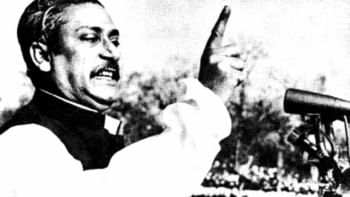
 For all latest news, follow The Daily Star's Google News channel.
For all latest news, follow The Daily Star's Google News channel. 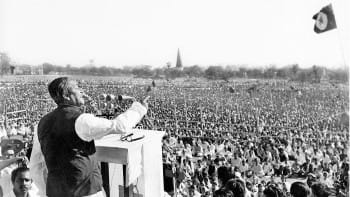



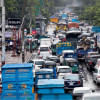
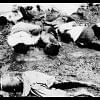
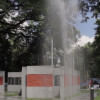
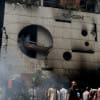



Comments